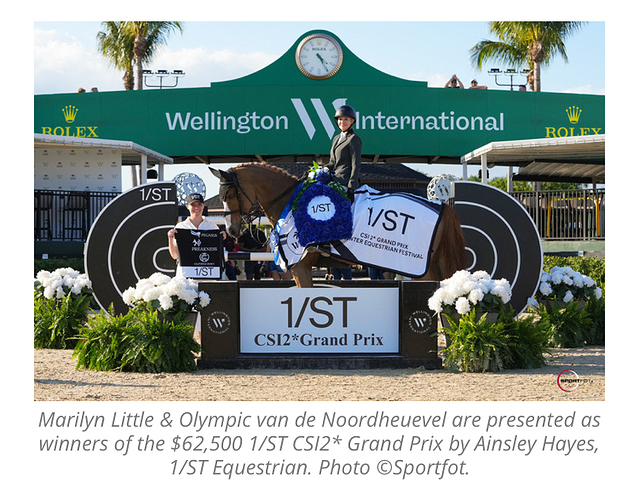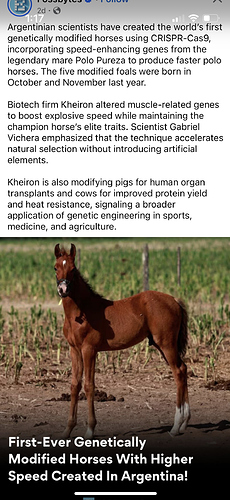Add in the decline of regional markets, and the closing of so many small regional tracks. All that contributes to fewer small breeders and smaller-time owners and trainers, fewer outlets for the nice but not so fancy sales yearling.
For example, it’s great that Turfway has better quality racing now but where does that leave the old Latonia owners and trainers?
Remember when Maryland had not only Windfields but a number of other quality stallion operations and the mid Atlantic had strong state level breeding programs?
Michigan used to have two Thoroughbred tracks and a number of small breeders and stallion operations. Illinois lost Arlington, Hollywood Park and Bay Meadows in California, Suffolk Downs, Garden State…





